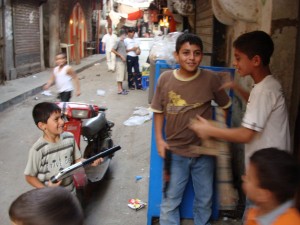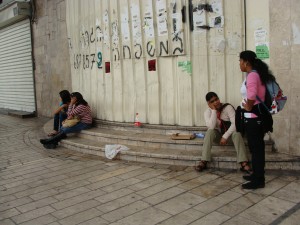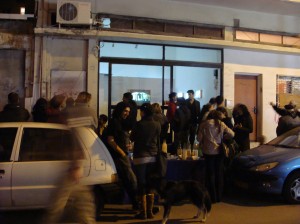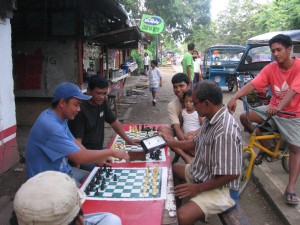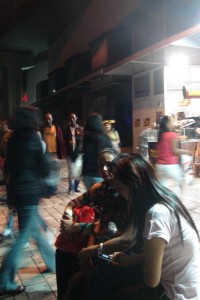
The Jerusalem Post, March 27, 2009
Pinto Baptist, an Indian worker currently living in Tel Aviv, was desperate for help in December of 2008. In India, he’d borrowed $9,000 from friends and family to pay the agency fees it cost to come to Israel to work. But when he arrived here, in July of 2007, Baptist found that no employment awaited him – he had been victimized by the flying visa scam.
Despite the fact that the job he’d come to Israel for didn’t exist, Baptist decided to remain here. He thought that finding work in Israel, where wages are higher than those in India, was the best way to pay back his deep debt, which was rapidly accumulating interest. He was also responsible for his wife and child in India – if he didn’t find a source of income, he explained, his family might become homeless.
“If I go back to my house with empty hands, what answer can I give my child and wife?” Baptist says.
He needed nothing short of a miracle – and when Baptist, a Christian, met attorney Muhammad Fokara just before Christmas in 2008, he thought he’d found one.
According to Baptist, Fokara said he could recover the $9,000 Baptist had lost. Baptist alleges that Fokara promised him he would be able to stay in Israel for five years.
“He also promised justice,” Baptist adds.
